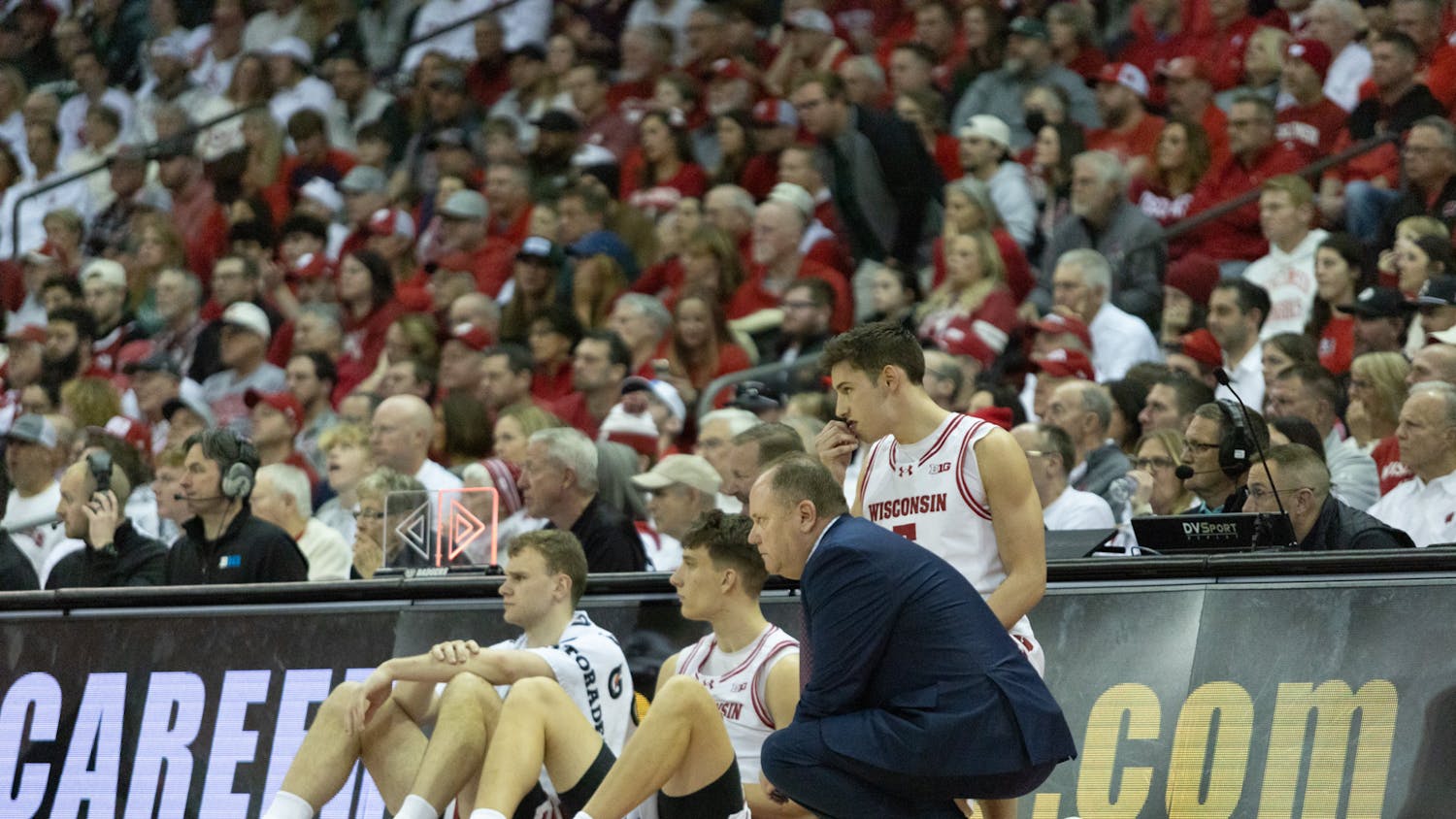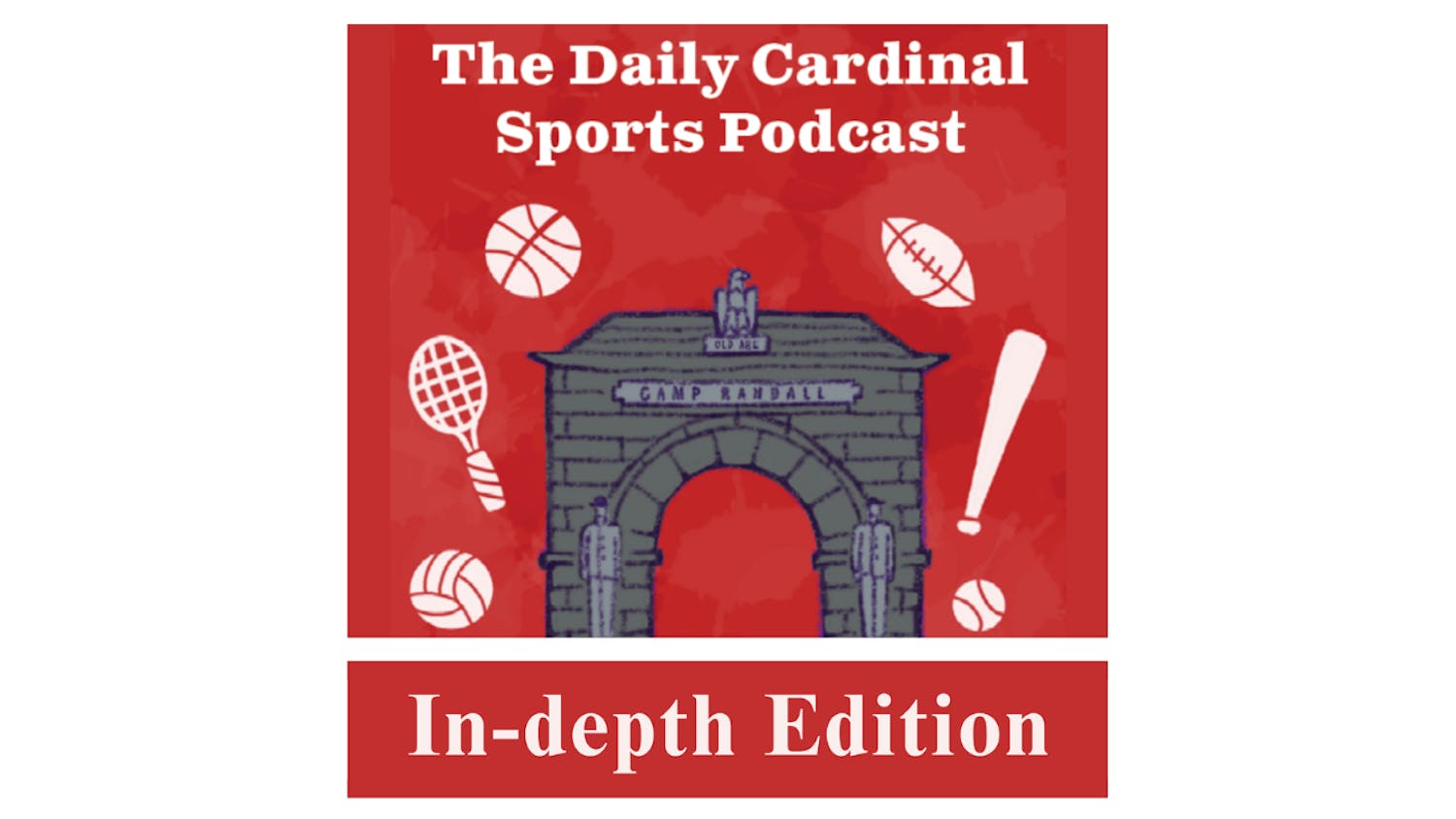Social media sites like Facebook and Twitter have infiltrated practically every part of our society, sports coverage included. To date, Facebook holds more than 300 million active users worldwide, while Twitter receives roughly 55 million users per month. It comes as no surprise, then, that not just fans and organizations, but also athletes and coaches have begun participating in this trend.
I've been a Facebook user for roughly four years now, and for one reason only: to keep in touch with my friends and family from different parts of the world. You can call me old-fashioned, but I haven't submitted to the Twitter craze yet, nor do I plan to unless my career requires it.
I simply don't understand the concept of informing others on every daily occurrence of my life. Sure, I post a status update on Facebook every so often when I'm excited about something, but my infrequent posting serves as a crucial barrier of privacy. And that's a concept I don't think high school, collegiate and professional athletes have really grasped yet.
I recognize the advantages Twitter has for promoting events and raising awareness about different issues. However, its use as a news outlet makes little sense to me and has already created great conflict in the sports world.
This issue took local precedence in May when Madison Memorial High School basketball prospect Vander Blue made a controversial status update on his Facebook page. Blue had already verbally committed to the Badgers before he met with representatives from both Madison Memorial and UW because of concerns about his academic future. Following the meeting, Blue posted a status update on Facebook stating he had made a ""big decision for me"" and that he would ""really take in"" the recruiting process.
Blue's vague statement not only signaled the end of his verbal commitment to UW (to date, he hasn't eliminated the Badgers from his list of potential suitors) but it also ignited a violent backlash from the campus community. Blue waited a week to comment on his status. During this time, several message boards attacked Blue's intelligence with foul language and racist comments, causing Blue to further question his decision to attend UW.
The poor behavior of the participants on message boards is a topic for another column, but Blue learned a valuable lesson that knowledge is power and the public does not always digest information in a kind and rational manner.
In today's media landscape, athletes are given less privacy than ever. After all, pro athletes are regularly interviewed while changing after games, and can rarely go to a public place without being harassed. So why would an athlete give any indication as to where they are and what's going on in their private life? This action has had ill effects at the professional level as well.
In June, Minnesota Timberwolves' forward Kevin Love posted on his Twitter that head coach Kevin McHale would be leaving the organization before the news broke to the national media. Love was not aware that the news hadn't been released previously, but I believe it's his own personal responsibility to look into that before releasing such a statement.
Athletes are close to the action, but they're also very prone to misinformation and unchecked sources. When non-media personnel participates in this, it not only robs sports reporters of their own duties, but greatly diminishes the credibility of the story itself.
Twitter can be a valuable tool when it encourages communication and gives individuals a chance to speak out on important issues. Earlier this week, Oklahoma City Thunder forward Kevin Durant posted a response to a recent ESPN.com TrueHoop blog criticizing his contributions to his team. I felt this was a very practical use of social media. It allowed Durant to defend himself when he lacked the resources to respond with an entire article or website.
Still, for every practical use there's another unfortunate case. If you have any doubts, just ask Vander Blue. One small status update shared with the public can create a whole world of unnecessary conflict—and it all could have been avoided had it remained a private matter.
Think athletes should get a break when using Facebook and Twitter? Tell Matt at mfox2@wisc.edu.





